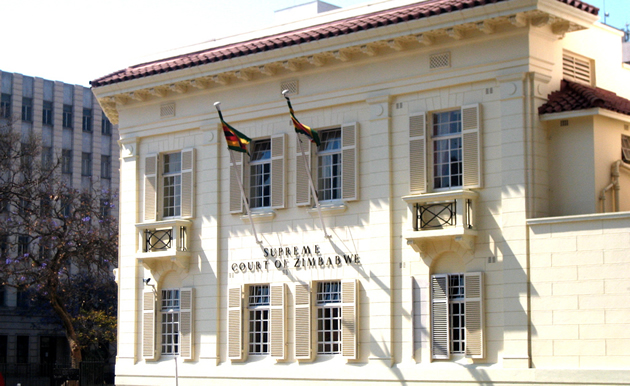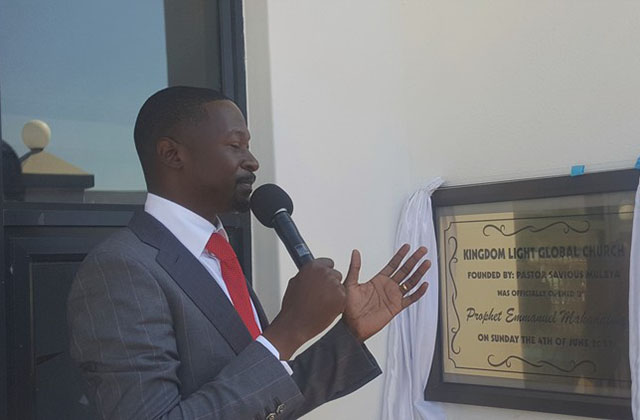BUSE, SOS farm dispute spills into Supreme Court

Fidelis Munyoro Chief Court Reporter
The farm wrangle between Bindura University of Science Education and SOS Children’s Village Association of Zimbabwe has spilled into the Supreme Court.
This followed the High Court ruling last month giving the farm to the State-run university. Through its lawyer, Advocate Thabani Mpofu instructed by Kajokoto and Company, SOS has filed a notice and grounds of appeal at the superior court.
Adv Mpofu argues that the lower court erred in not coming to the conclusion that the acquisition of the land relied upon by BUSE was in violation of the old Section 16B of the Constitution of Zimbabwe.
He said this was consequently on the strength of the old Section 2(1) of the same Constitution, which is invalid and could not be given effect to even though not challenged.
“In particular, court aquo erred in failing to conclude that the land in question having been acquired in the years 1986 and 1988 and not being a product of colonialism and being used for a charitable purpose benefiting minor children could not properly be acquired under the programme of land reform,” argues Adv Mpofu.
“The court aquo erred in coming to the conclusion that the offer letter granted first respondent invested it with rights that could be vindicated in a court of law.”
Adv Mpofu argues that the High Court erred by failing to come to the conclusion that SOS had an offer letter in respect of the same piece of land, which was prior in time, extant and consequently provided a complete defence to the application that was brought by the university.
Bindura University and the NGO have been embroiled in a protracted wrangle over the farm, with SOS Children’s Village claiming ownership.
The High Court ruled that the farm belonged to Bindura University and ordered the immediate vacation of the children’s organisation. The piece of land in question was compulsorily acquired by the State and the acquisition was not set aside by a court.
According to the judgment, the land was offered to and accepted by the applicant for institutional agricultural use, although the land remained vested in the State.It further ruled that the continued clinging onto the land by SOS constituted an act of defiance of the law.









Comments